You can now add Healthify as a preferred source on Google. Click here to see us when you search Google.
Nymbl Training app
Nymbl app
- An app for people wanting to improve their balance and mobility and reduce their risk of falling.
- Nymbl now also includes a section for people with bladder control issues who are looking to improve their pelvic health.
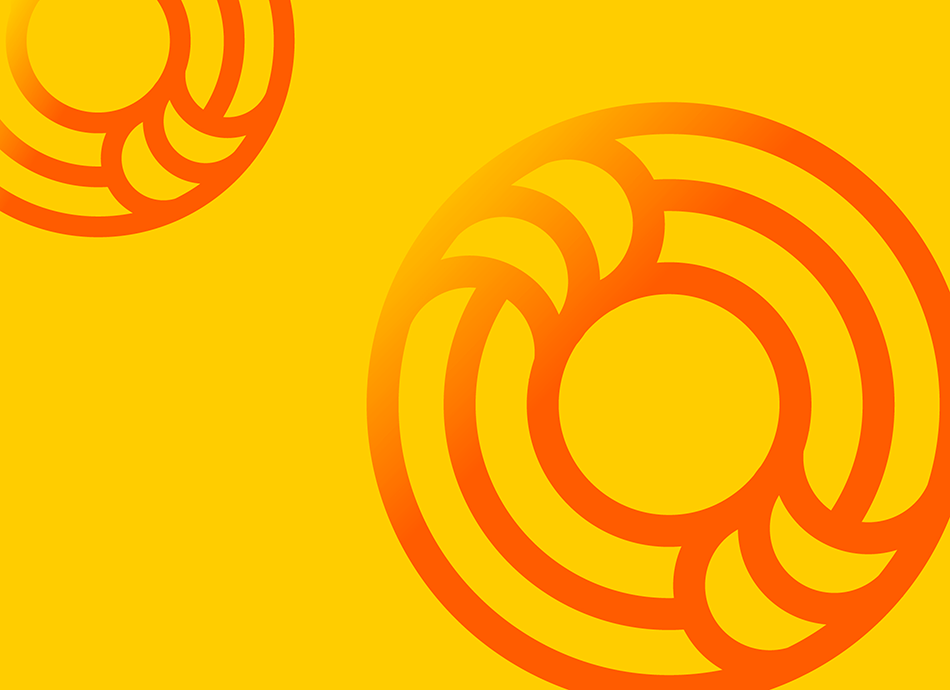
| Nymbl Training app | By Nymbl Science |
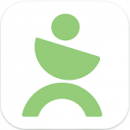
|
Features
|
| Country of origin | USA |
| Clinical review |
|
| Security and privacy | Does the app:
The app tracks age, gender, height, falls history and balance data. It's identified in the Privacy Policy that ACC monitors this data to ensure that your balance is being improved, as well as for app development. Read more about safety and security when using apps. Brochures: |
| Cost | Free for people over the age of 50. |
| Advertisements | This app contains no ads. |
| How to get the app |
Nymbl is as an app-based digital health platform. It involves a combination of balance and cognitive games and training to improve balance and mobility, especially for older adults. It's especially aimed at people with a recognised risk of falling who are over the age of 50 years. The app has an initial questionnaire, training modules, feedback and calendar options to ensure that training can be tracked and progressed at an appropriate level.
Balance exercises in Nymbl are mostly low-impact bodyweight activities that can be done at home.
- Examples of the exercises include marching in place, single-leg stance (with support options), reaching and bending and stepping to touch or stepping over imaginary objects. There are options for seated balance exercise if you're at higher risk of falls.
- Each movement is guided with onscreen instructions and videos, with difficulty levels adjusted based on your feedback.
- The app would be most helpful if you have a history of falls or concerns about your balance or mobility. It's unlikely that younger people without balance concerns would get significant benefit from the app.
- Currently in Aotearoa New Zealand, it's acknowledged that if you're having falls you're likely to get physiotherapy input aimed at improving your balance. However, if you haven’t yet had a fall, but you're concerned about your balance, you might not necessarily get health professional input. This app will be especially helpful to ensure that if you're in this second group, you can work on your balance, and hopefully prevent future falls.
Cognitive games are brain exercises done while performing the balance tasks, which mimics real-life multitasking.
- Some examples include memory games, simple maths equations while balancing, word games such as naming animals or words starting with a certain letter, and reaction time tests eg, responding when you hear or see a prompt.
Nymbl’s latest release includes a section aimed at bladder health, function, and control. This area of the app offers personalised pelvic health exercises, training modules, and lifestyle guidance. Some examples include the following.
- Pelvic floor exercises such as traditional slow hold exercises where you squeeze your pelvic-floor muscles (like when you're trying to stop urine flow) and hold for a short period before relaxing, or quick “squeeze-and-release” exercises where you tighten the muscles rapidly then immediately relax to build fast-twitch muscle response.
- Bladder training modules, for example urge-suppression tactics to delay going to the toilet eg, distraction, pelvic squeezes, gradually increasing delay times.
- Scheduling bathroom breaks at set intervals and slowly extending them to retrain bladder habits.
- Lifestyle and education modules including advice on when and how much to drink to reduce urgency, and bladder triggers which give insight into foods and beverages (like caffeine or spicy foods) that can aggravate symptoms.
For the complete app description, go to the app website(external link), Google Play(external link), App Store(external link) or, for a more detailed review, see reviews below.
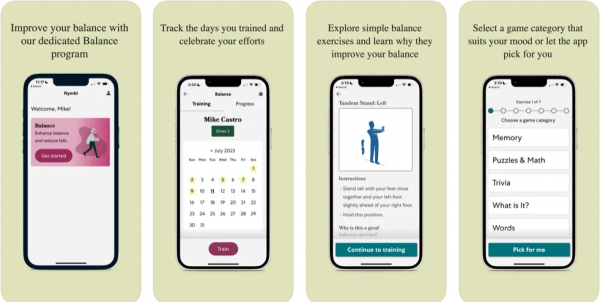
| PROS | CONS |
|---|---|
|
✔ Questionnaire and education – the questionnaire at the start allows the app to get a good understanding of your current levels of balance and mobility. There is an explanation with each question, which gives relevance. Eg, “I need to push up with my hands to stand from a chair”. ✔ Evidence based – all data, resources, and exercises are evidence-based and clinically proven, backed by research and supported by ACC. ✔ User friendly – no specific equipment is required and sessions can be complete in 5 to 10 minutes. It offers seated options if needed, and it's free for NZ residents over 50 years old. |
✘ Only available in English. ✘ This app is very much self-directed, so you need a good level of motivation to stay engaged. |
Clinical review
![]()
Reviewer: Simon Keepa, Physiotherapist
Date of review: July 2025
Version: 10.0
Platform: Apple
Comments: Nymbl is a free, easy-to-use app for New Zealanders aged 50+, combining balance exercises with brain retraining to reduce fall risk.
It now also includes bladder health support with pelvic floor training.
Sessions are short, safe, and personalised helping you to stay active, independent, and confident in daily life.
Safety concerns: There's a small risk of loss of balance or falls that will always be a low level consideration given that this app focuses heavily on balance retraining exercises.
New Zealand relevance: Yes.
|
Disclaimer: The NZ Health App Library is a free consumer service to help you decide whether a health app would be suitable for you. Our review process is independent. We have no relationship with the app developers or companies and no responsibility for the service they provide. This means that if you have an issue with one of the apps we have reviewed, you will need to contact the app developer or company directly. |
Factsheets – using health apps safely
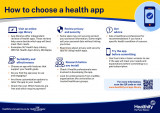
How to choose a health app
Healthify He Puna Waiora, NZ
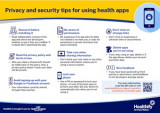
Privacy and security tips for using health apps
Healthify He Puna Waiora, NZ
Credits: Healthify editorial team. Healthify is brought to you by Health Navigator Charitable Trust.


